Making a difference in the here and now*
As a high school student in Groton, Conn., Marissa McFadden ’17
was looking for a college that offered a lively religion program and a strong reputation in the sciences—at the time she had her sights set on medical school.
“I had never been to Vermont as a kid, but I enjoy hiking and the outdoors, so the fact that UVM had a good medical school right on campus and a great rural atmosphere were really strong selling points for me.”
McFadden double-majored in biochemistry and religion, but felt a stronger tug to the latter discipline.
“I genuinely had a passion for thinking about world systems, languages, cultures, interactions and intersectionalities. But also, I thought that it would be a unique characteristic that I could present to medical school admissions. I don’t think I consciously knew it then, but my decision to major in religion was the beginning of my move away from the sciences, and more towards thinking about the world as an activist.”
In her second year at UVM she concentrated fully on religious studies. She still sees herself working in a clinical setting as a social worker–she’s now pursuing an MSW through UVM’s College of Education and Social Services.
“Studying religion helps you empathize with people and what they are going through. It takes into account not just their belief systems but their cultural history, their stories, their circumstances. It provides me a way to bring the whole person into focus.”
*In this series, we have pulled text from our newly relaunched website–we want to highlight our fantastic alumni in as many venues as possible!

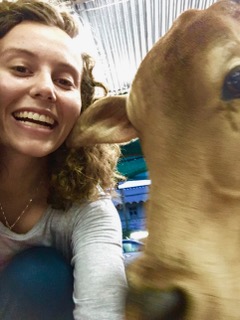
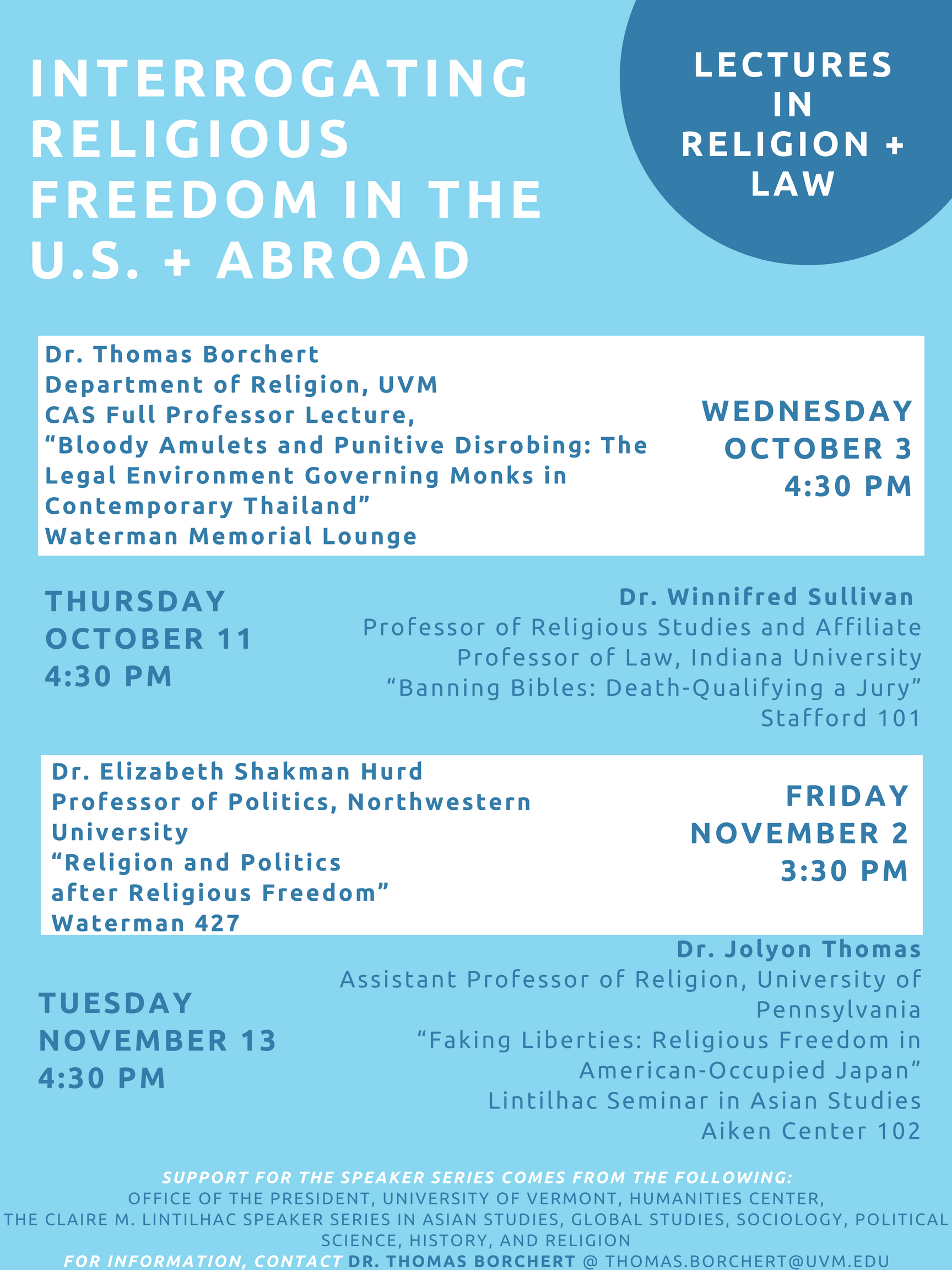
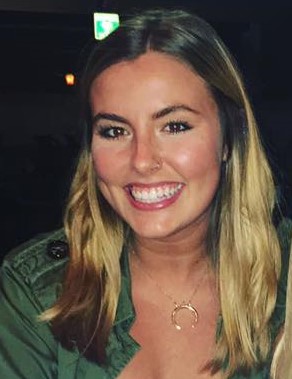
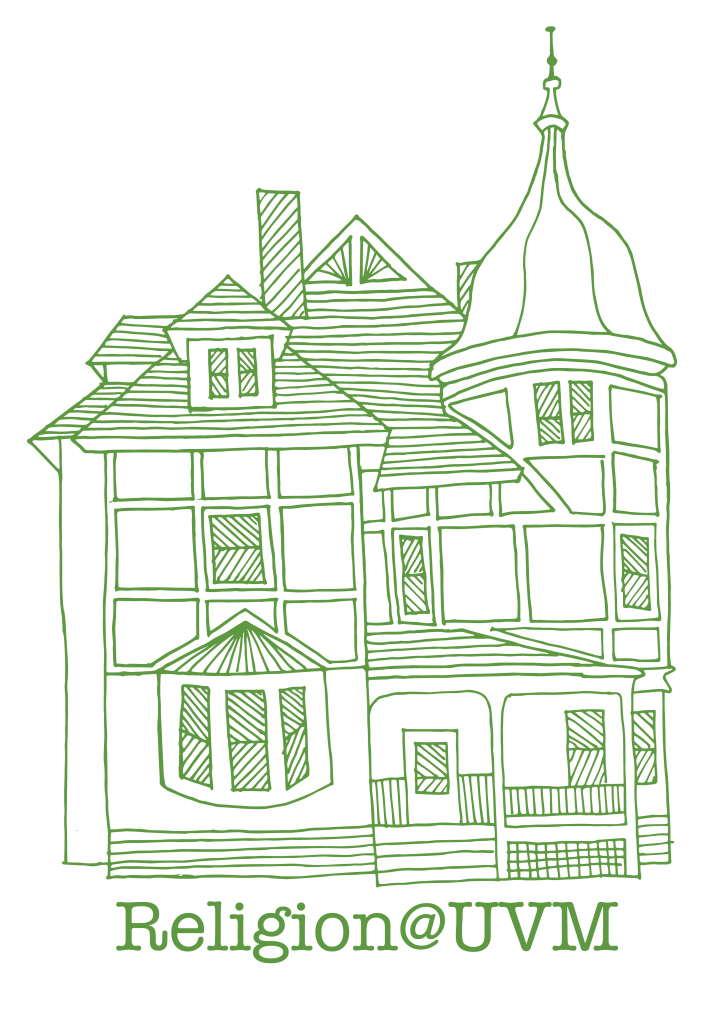
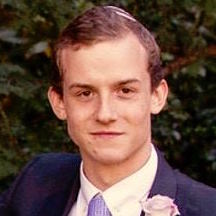

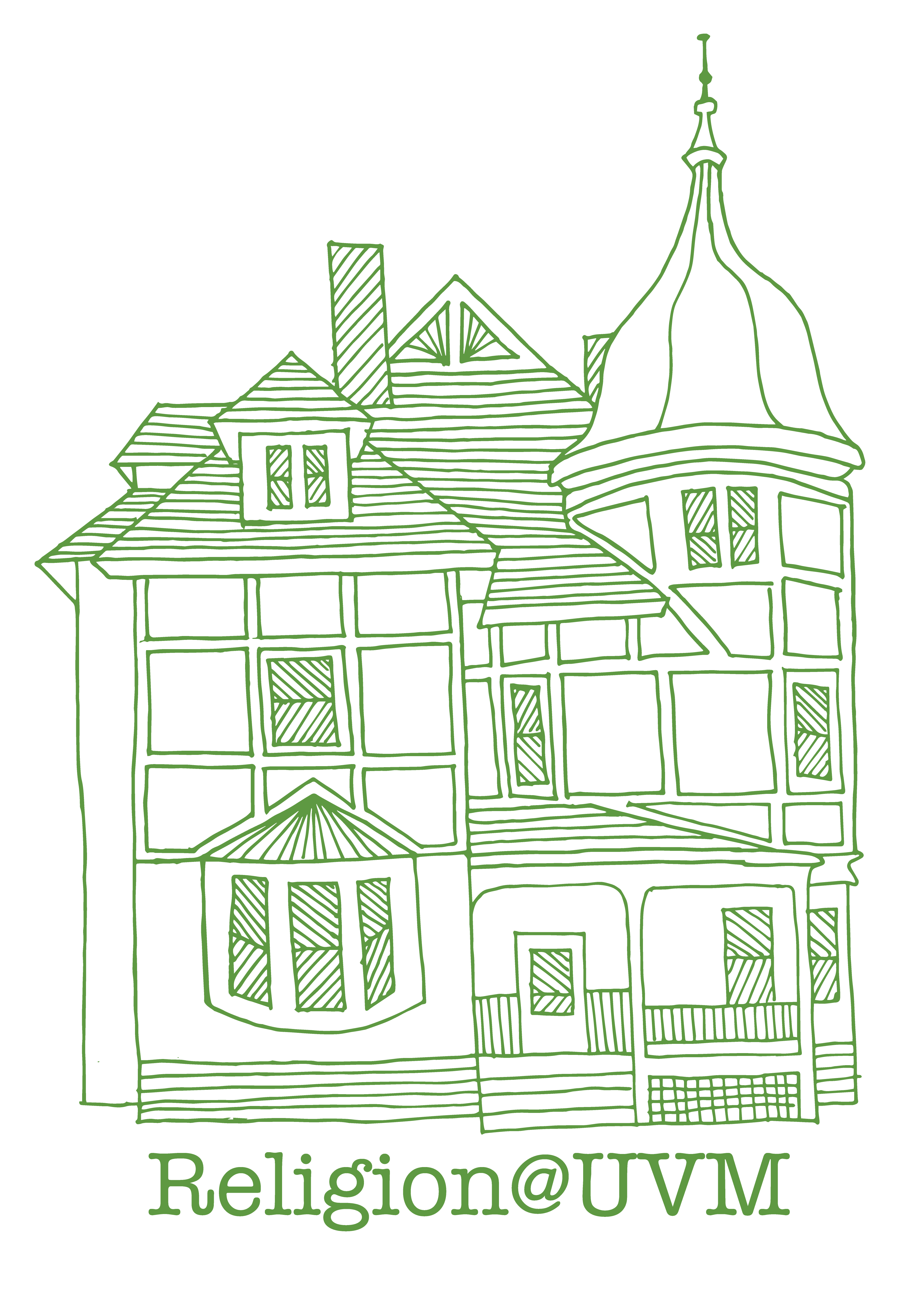
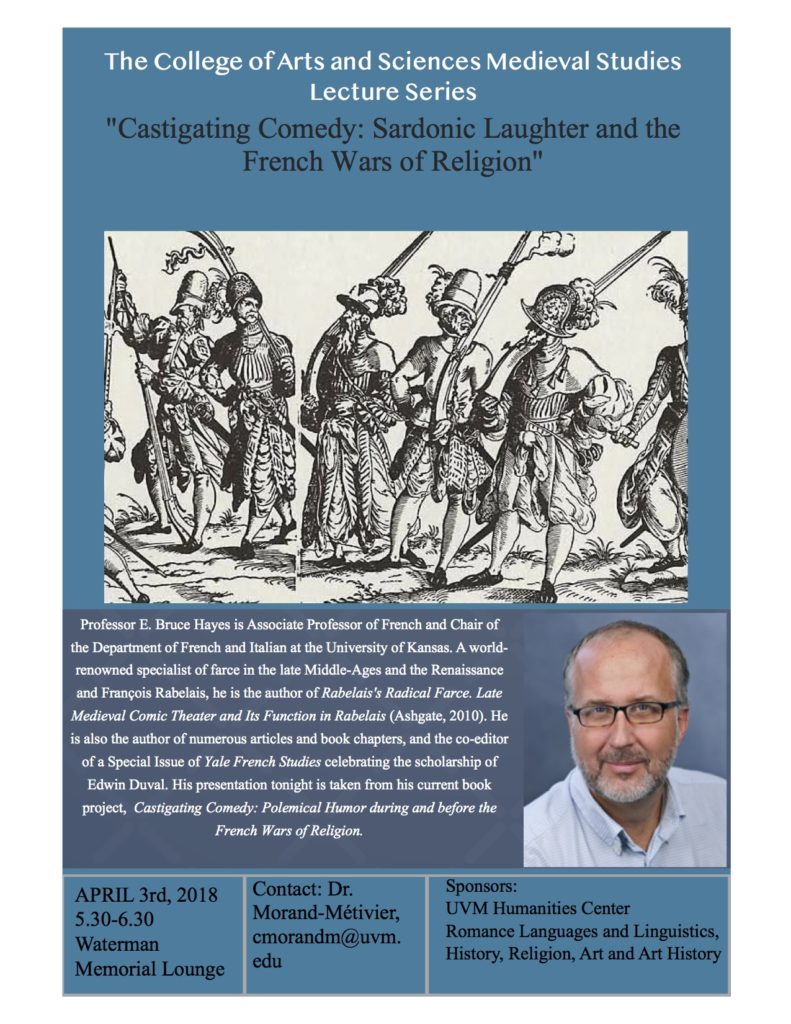
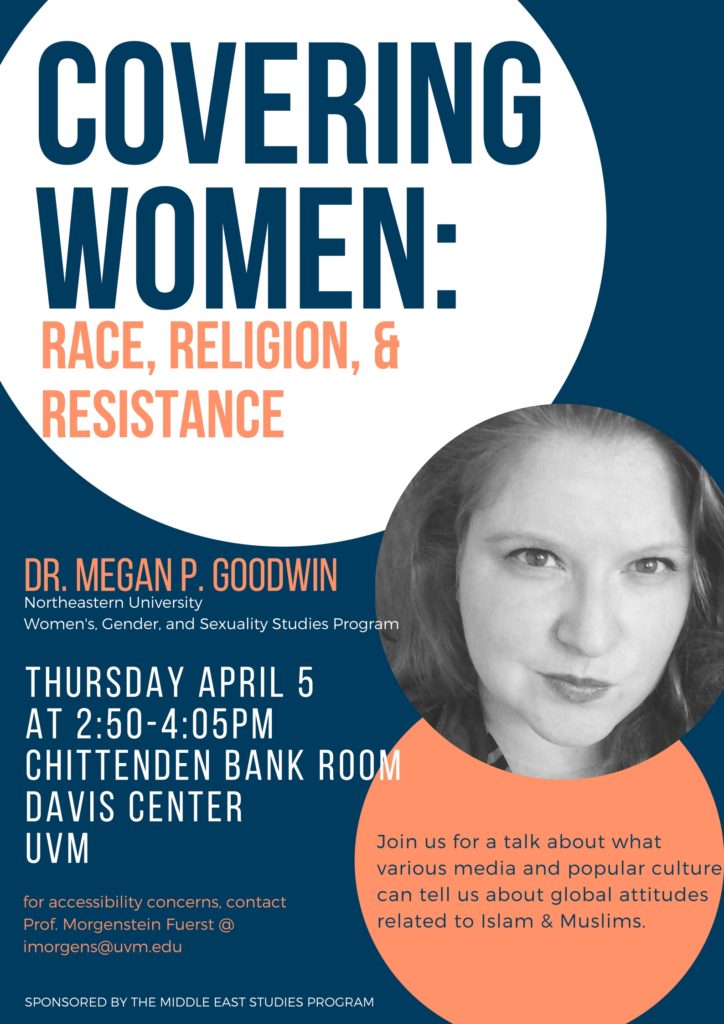
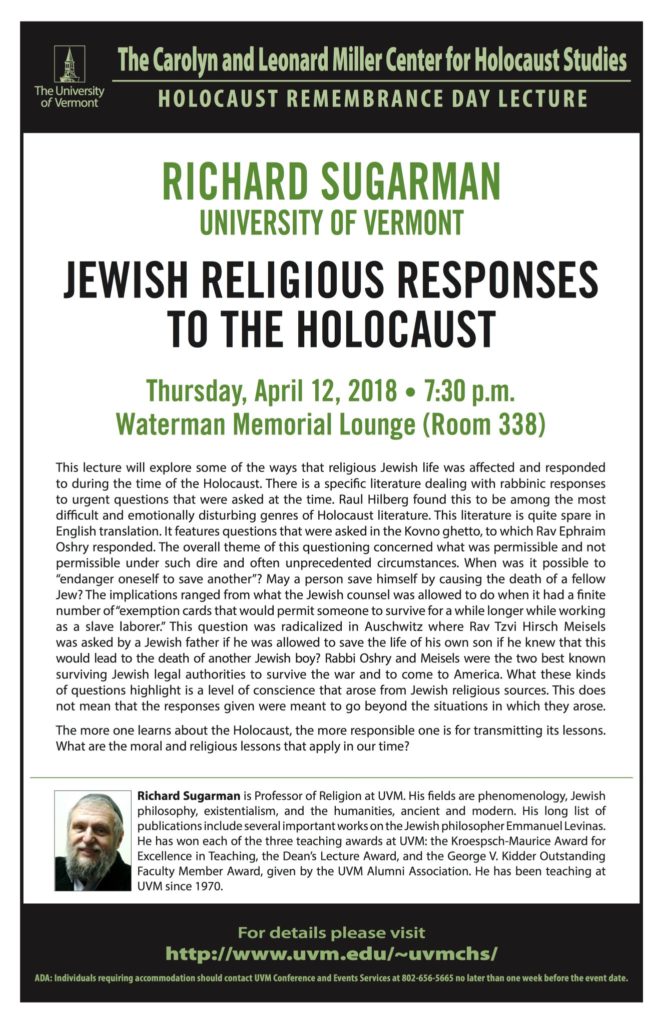
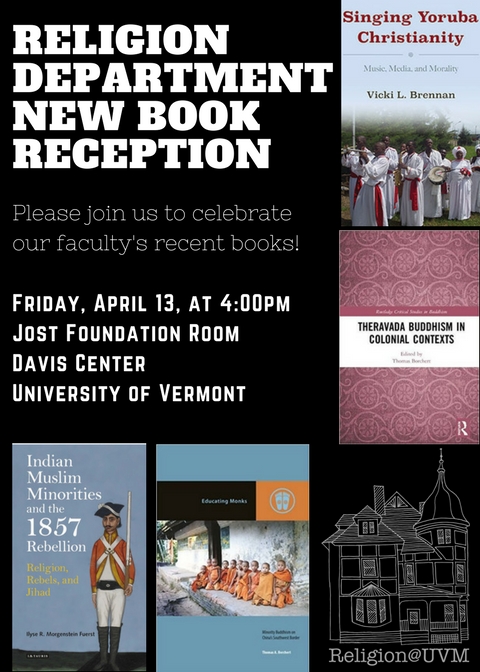
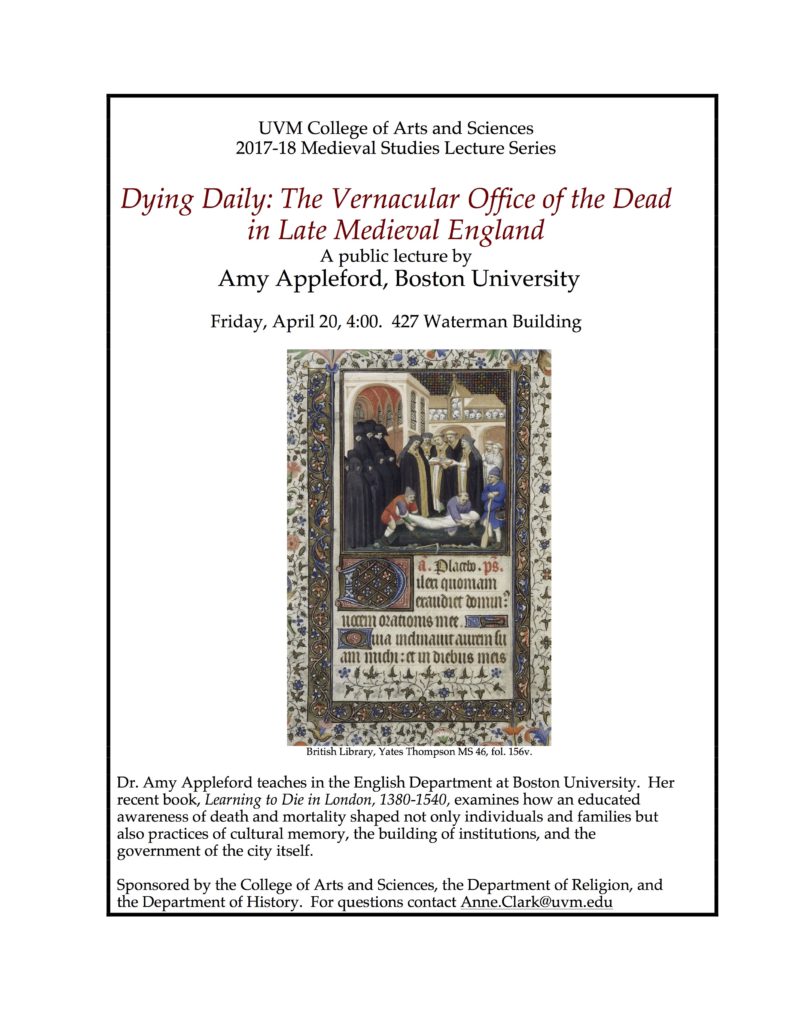
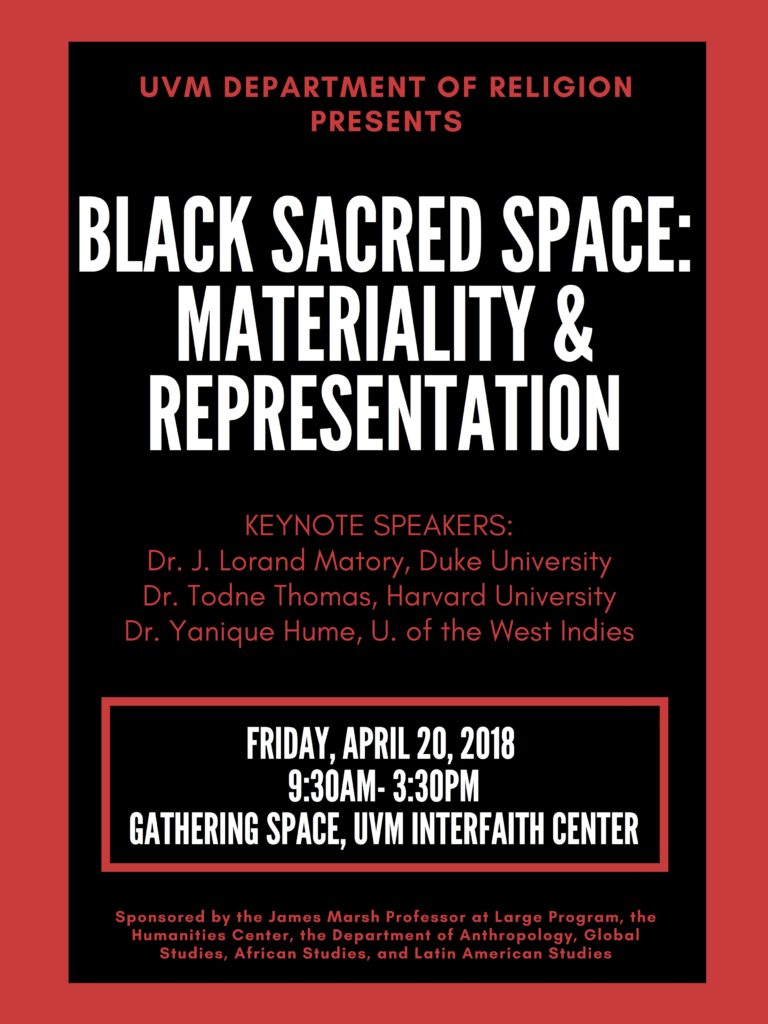
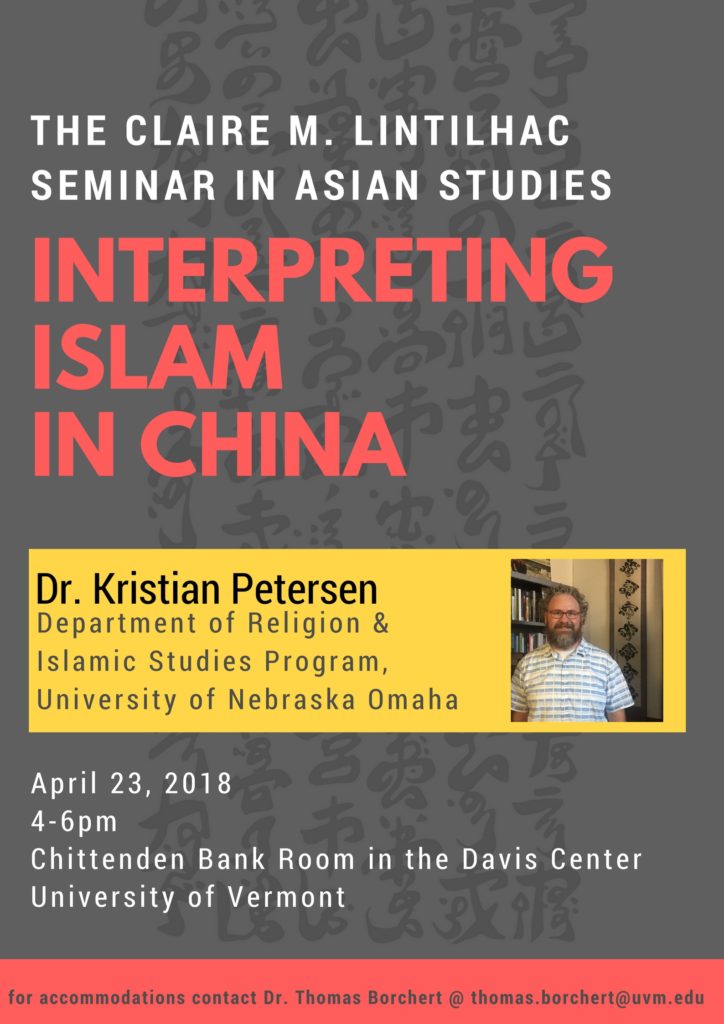





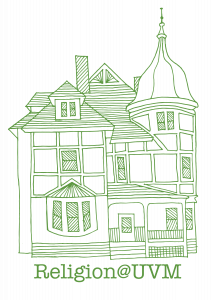 If you could write any book, what would it be?
If you could write any book, what would it be?
